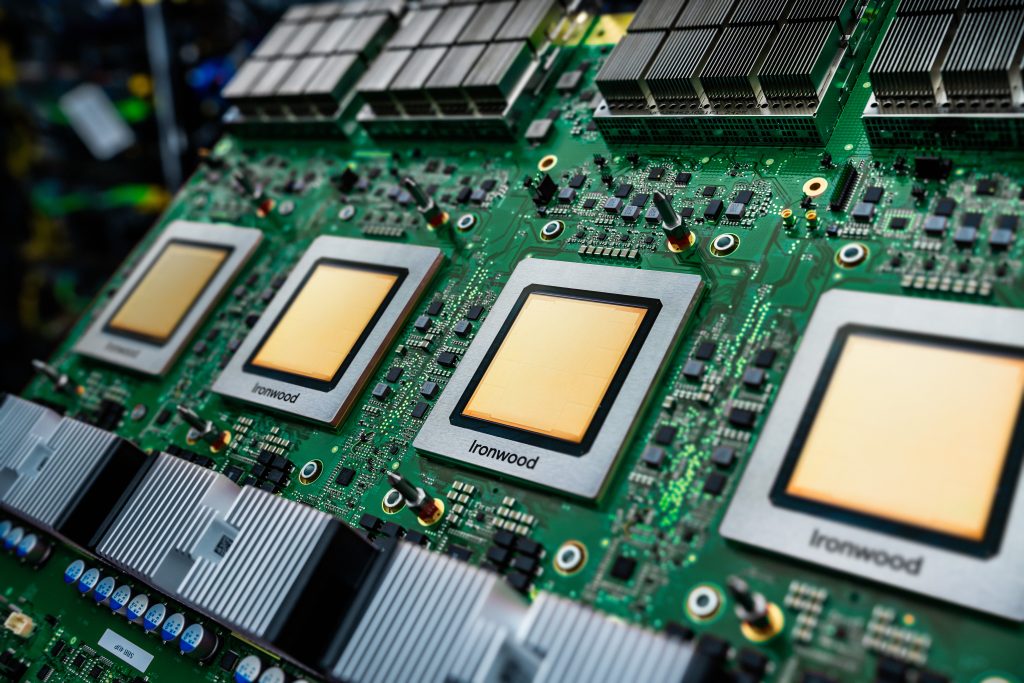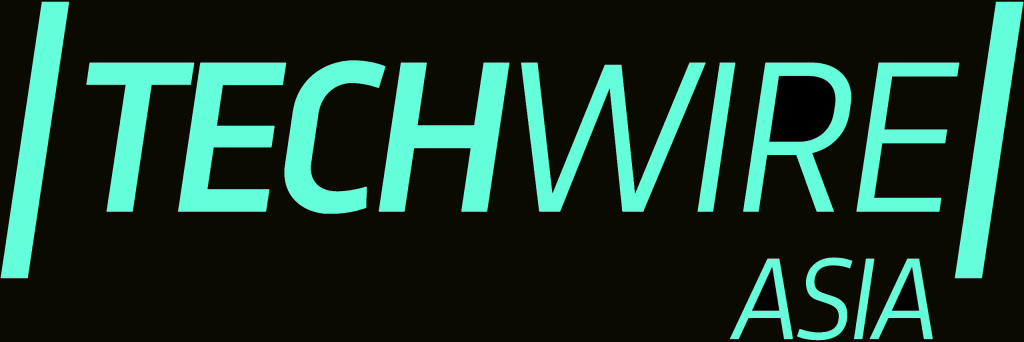- Claim that TSMC manufacturing intel used by Huawei.
- CHIPS Act funding may be in doubt.
- No evidence as yet of wrong-doing.
The US Department of Commerce is said to be investigating claims that TSMC (Taiwan Semiconductor Manufacturing Company) has helped Chinese company Huawei make 5G chips, such as those found in the company’s latest Apple-killer Mate 60 phone.
Although a formal probe by the DoC has yet to be announced, sources close to the issue have stated in The Information that TSMC acted in contravention of 5G export controls in allowing Huawei either access to chip designs, helped Huawei in some way design its own 5G semiconductors, or sold chips to Huawei via intermediary companies.
TSMC has denied any wrongdoing, issuing a statement that it is “committed to complying with laws and regulations, including export controls.”
TSMC manufacturing in Arizona
Any proven claims against TSMC could jeopardise the company’s receipt of funding it’s received from the US as part of the package awarded April this year – some $6.6 billion – from direct CHIPS Act funding. Although headquartered in Taiwan, TSMC operates fabrication facilities in Arizona that make chips for AMD, ARM, MediaTek, Nvidia, Apple, and Qualcomm, among others. TSMC has invested more than $65 billion in the Arizona facilities.
Although the largest shareholder of TSMC remains the Taiwanese government, most of the company is owned by international investors. Highly punitive sanctions taken against the company would severely impact the bottom lines of many of the world’s biggest technology companies, and potentially put the brakes on the current supply of chips used in AI applications, communications, servers, communications infrastructure, and consumer devices.
The CHIPS Act funding given to the company was designed to promote TSMC chip manufacturing for US companies, allowing them to better compete against non-domestic offerings. According to NIST, the Department of Commerce implemented conditions for the granting of CHIPS funding that “seek to prevent CHIPS funds from being used to directly or indirectly benefit foreign countries of concern.”
China is considered by the US to be a country of concern, alongside so-called pariah states such as Iran and Russia. Rather than threatening US borders with massed troops or funding terrorist training camps, China’s perceived crimes seem to be a certain success in free market trade and popularity among consumers enamoured of the country’s cheaper-than-average exports by companies like Huawei.
Huawei hardware and technology already underpins much of the world’s telecoms networks, but has seen a rapid downturn in profitability since imposition of trade sanctions led by the US from 2021. In 2020, the company overtook Samsung as the world’s largest manufacturer of smartphones, a position that has since slipped since the sale of the Honor brand to the Shenzen regional government in China.
CHIPS Act funding in jeopardy
The embargo on the use of TSMC technology that might benefit a ‘country of concern’ puts the company’s CHIPS funding from the US into doubt, although the company has worked hard to establish fabrication facilities elsewhere in the world, a move much encouraged by governments keen not to repeat the impact of supply chain problems caused by the COVID epidemic.
In addition to the embargo on selling directly to foreign competition (in this case, Huawei) companies in receipt of US state funding are expected to demonstrate due diligence that any sales will not end up in proscribed hands via intermediary companies. Sources close to the issue have said that the US is investigating the methods employed by TSMC to vet its customers.
If found in breach of rules, TSMC could be liable to pay back the funds it’s received under the CHIPS Act, although as the second largest recipient of such funds, the invocation of any ‘clawback’ rule could jeopardise the CHIPS Act scheme and make investors in the chip sector jittery enough to relocate their interests to areas less subject to political whimsy.
“If we have any reason to believe there are potential issues, we will take prompt action to ensure compliance, including conducting investigations and proactively communicating with relevant parties,” a statement from TSMC said.








